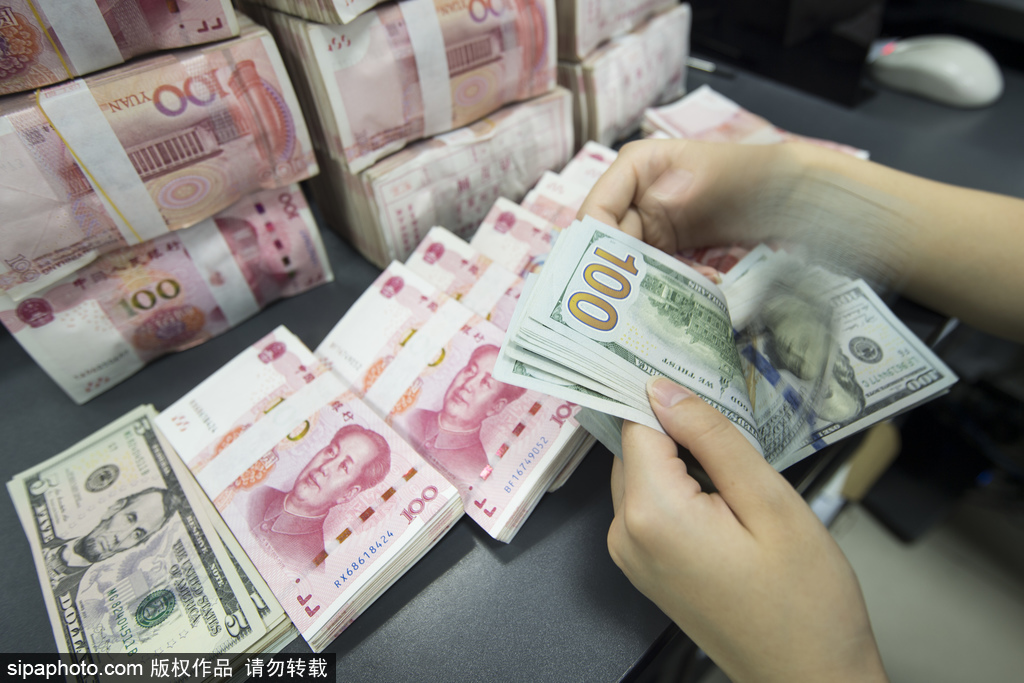Reform lifts exchange bond market


Integration with opening-up in interbank segment boosts morale
China's latest efforts to open up the exchange bond market will consolidate the confidence of overseas institutional investors and facilitate their wider and deeper participation in the country's bond market, experts said on Monday.
Overseas institutional investors that have been approved to trade in China's interbank bond market will also be eligible to invest in the country's exchange bond market, either directly or via a connect mechanism, the People's Bank of China, the central bank, said in a statement on Friday.
Effective June 30, the regulatory change will help integrate the opening-up of the interbank and exchange bond markets and facilitate overseas institutions' investments in Chinese bonds, said the statement, which was jointly released by the PBOC, the China Securities Regulatory Commission and the State Administration of Foreign Exchange.
Onshore Chinese bonds are traded in two markets. The dominant interbank bond market has seen greater participation of foreign investors by allowing direct investments from overseas institutions and launching a bond connect program with Hong Kong, experts said.
However, the mechanisms have not been used on the smaller exchange bond market, which applies another opening-up channel of the qualified foreign institutional investor programs, or QFII and RQFII, they said.
By integrating the opening-up arrangements of the exchange bond market with the interbank one, the latest regulatory change has reached a landmark in China's steps to deepen financial opening-up, said Yang Haiping, a researcher at the Institute of Securities and Futures, which is part of the Central University of Finance and Economics.
It will expand the scope of Chinese bond assets accessible to overseas institutional investors, make more investment channels available to them and facilitate their asset allocation in China, said Yang.
The PBOC statement also outlined streamlined administrative procedures for overseas institutional investors in the interbank market. They do not need to register with or seek approval from regulators to trade exchange-traded bonds and are allowed to choose settlement institutions or custodian banks for relevant services based on their own needs.
Chen Jia, a researcher at the International Monetary Institute, which is part of the Renmin University of China, said the statement has helped boost foreign investor confidence in China's bond market, offering them streamlined investment procedures and a more diversified investment universe.
The improvement in investor sentiment is evident from the strengthening of the yuan after the release of the statement and will help offset the pressure felt by capital inflows into Chinese bonds amid monetary tightening in developed economies, Chen said.
The exchange rate of the onshore yuan against the US dollar strengthened by more than 400 basis points from Friday's close to about 6.66 on Monday afternoon.
China has made substantial headway in opening up its bond market in recent years. As of the end of April, 1,035 overseas institutions held Chinese onshore bonds worth 3.9 trillion yuan ($586.17 billion), up 225 percent from the end of 2017. More than 60 percent of the 3.9 trillion yuan was held by 77 overseas central bank institutions, official data showed.
Robin Xing, chief China economist at Morgan Stanley, said he expects China to continue its steps to deepen bond and stock market opening-up, which will help China utilize global capital to enhance productivity while further integrating itself with the international economic landscape to prevent decoupling.
In an effort to strengthen stock market opening-up, qualified exchange-traded funds will become eligible to investors under the stock connect programs between the Chinese mainland and Hong Kong exchanges, the CSRC said in a statement on Friday.



































